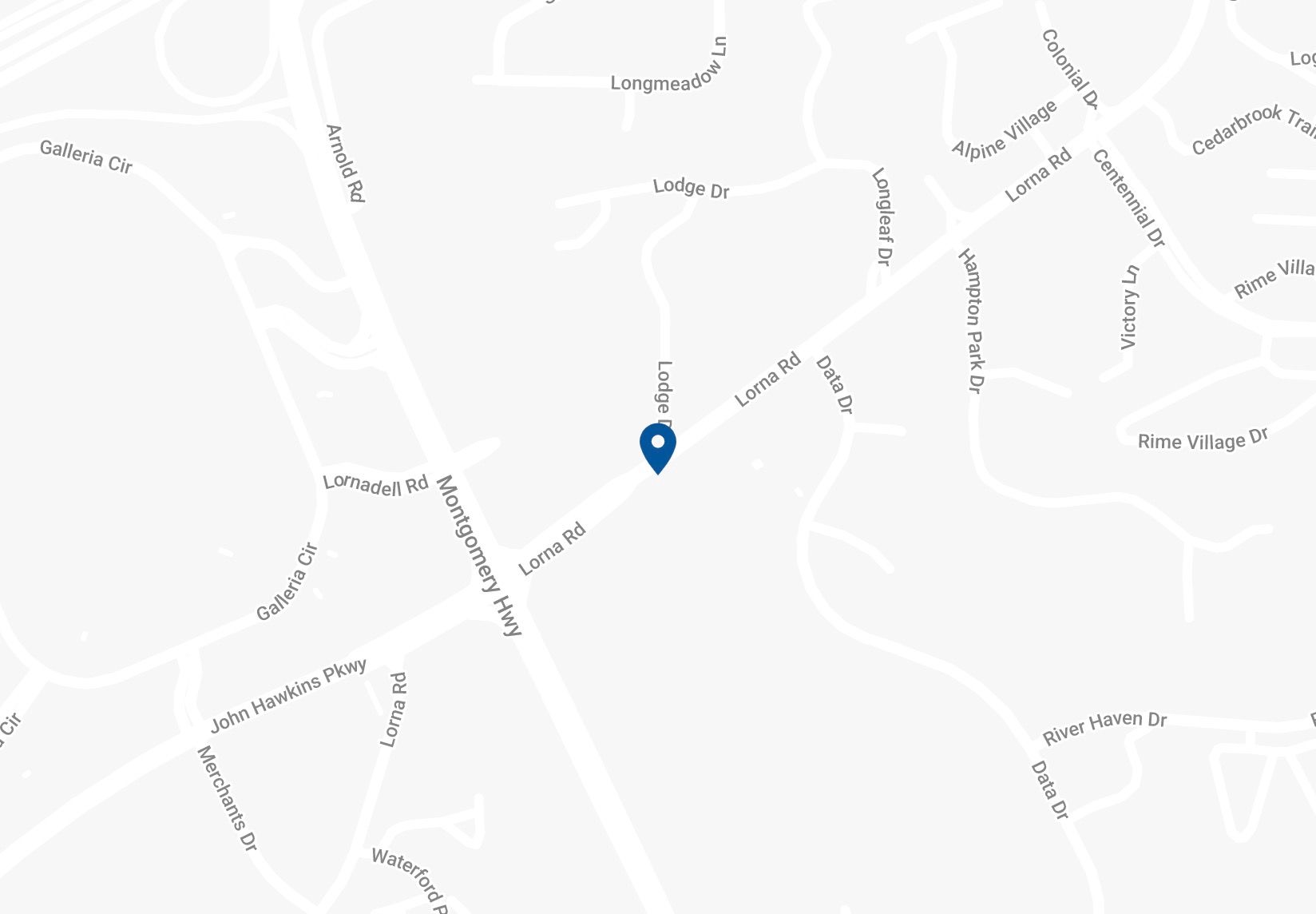9 Tips for Managing Peripheral Neuropathy Naturally
Peripheral neuropathy can disrupt daily life, leading to pain and numbness. Learn nine natural management tips, including exercise, diet, acupuncture, and chiropractic care, from Hoover's holistic treatment expert, Dr. G. Forrest Edwards.

Contents
If you’ve been diagnosed with neuropathy, chances are you have experienced episodes of pain or numbness that may interrupt your daily life. This condition can get so bad for some people that they struggle to move around and do simple tasks. This can eventually lead to depression and other health issues — which makes it important to find ways to manage your symptoms.
Keep reading to learn about several natural ways that may help manage your symptoms, including holistic treatment options in the Hoover area.
Causes of Peripheral Neuropathy
Peripheral neuropathy is a condition in which your peripheral nerves become damaged. This can be caused by a variety of reasons or for no apparent reason at all.
Some known causes of peripheral neuropathy include:
Traumatic injury
Infection
Certain medical conditions, such as diabetes
Genetics
Exposure to toxins
Vitamin deficiencies
Some medications, such as chemotherapy
The most common cause of PN is diabetes. Researchers believe that uncontrolled high blood sugar levels can damage nerves over time, which then leads to diabetic neuropathy.
Symptoms of Peripheral Neuropathy
There are several symptoms associated with peripheral neuropathy, including:
Muscle weakness
Numbness
Nerve pain
Burning sensations
The feeling of pins and needles, sometimes described as “tingling”
Stabbing or aching pain in the affected area
Sharp or shooting pains
Sensitivity to touch
Loss of sensation
Sensitivity to extreme temperatures
Pain in your feet when you walk or stand
Lack of coordination and balance
Feeling as if you're wearing gloves or socks when you're not
Unable to move affected limbs, especially hands and feet
Not everyone will experience the same combination or severity of symptoms, and for some people, symptoms may come and go. Peripheral neuropathy can also affect the nerves of the heart, GI tract, and urinary system. Neuropathy in these areas can affect digestion, urination, and your heart rate.
Common forms of neuropathic sensations:
Paresthesia
Dysesthesia
Allodynia
Hyperalgesia
Phantom limb sensations
Neuropathic itch
9 Tips for Managing Your Neuropathy Symptoms Naturally
The symptoms of neuropathy can be relentless and may get so bad that you are unable to take care of yourself or do hobbies you love. Below are nine things that you can try to manage your symptoms without surgery or medications. You can use all or some of these tips in combination with each other.
1. Exercise
Exercise can improve muscle strength and help lower high blood sugar, which can make symptoms worse. Gentle movements are best for those with neuropathy — so consider some of the following exercises:
Leisurely walks
Yoga
Tai chi
Water walking or swimming
2. Quit Smoking
Cigarette smoking can decrease your circulation, which increases the risk of nerve damage and can make symptoms worse. If you are a smoker, consider a nicotine cessation program to help you quit.
3. Eat a Well-Balanced Diet
Good nutrition is important for your overall health, but it can also help you manage symptoms. A well-balanced diet will help you get all the essential vitamins and minerals your body needs to stay healthy. Be sure to get plenty of fruits, vegetables, whole grains, and lean protein in your diet.
4. Avoid Alcohol
Alcohol is known to make PN symptoms worse in some people. Even if your neuropathy doesn’t seem to be affected by alcohol consumption, it is a good idea to only drink in moderation.
5. Manage Your Blood Sugar Levels
If you have diabetes, keeping your blood sugar under control will help improve your circulation and manage your neuropathy symptoms. You can do this by:
Eating a well-balanced diet
Getting daily exercise
Taking any diabetic medications that your doctor prescribes
6. Amino Acids
Amino acids might be beneficial in managing neuropathy symptoms, especially for people with chemotherapy-induced peripheral neuropathy (CIPN) and people with diabetes.
7. Acupuncture
Acupuncture is a traditional Chinese medicine that involves inserting thin needles into various points on your body. Acupuncture is generally considered safe when it is done by a certified professional who uses sterile precautions.
8. Physical Therapy
If your symptoms include muscle weakness or issues with strength and balance, physical therapy may help.
9. Chiropractic Care
Chiropractic care is another holistic way you can manage peripheral neuropathy symptoms. Chiropractic care for peripheral neuropathy works by improving the relationship between your spine and your nervous system. Regular chiropractic adjustments can help restore nerve function without exposing yourself to the risks associated with medicinal and surgical options.
Finding Chiropractic Neuropathy Treatment in Hoover
Living with peripheral neuropathy doesn’t have to mean giving up your hobbies or living a life of pain and discomfort. Safe, non-invasive treatment options are available with Hoover area chiropractor Dr. G. Forrest Edwards, D.C., D.A.B.C.O.
Dr. Edwards is an award-winning chiropractor known for his successful treatment of neuropathy patients. Hoover Health and Wellness Center, Inc. offers advanced neuropathy treatment and comprehensive chiropractic care for adults and children. We value a personalized approach to holistic medicine and commitment to patient comfort.
Ready to start managing your neuropathy symptoms with a chiropractic care expert who understands how to treat neuropathy?
Se Habla Español



